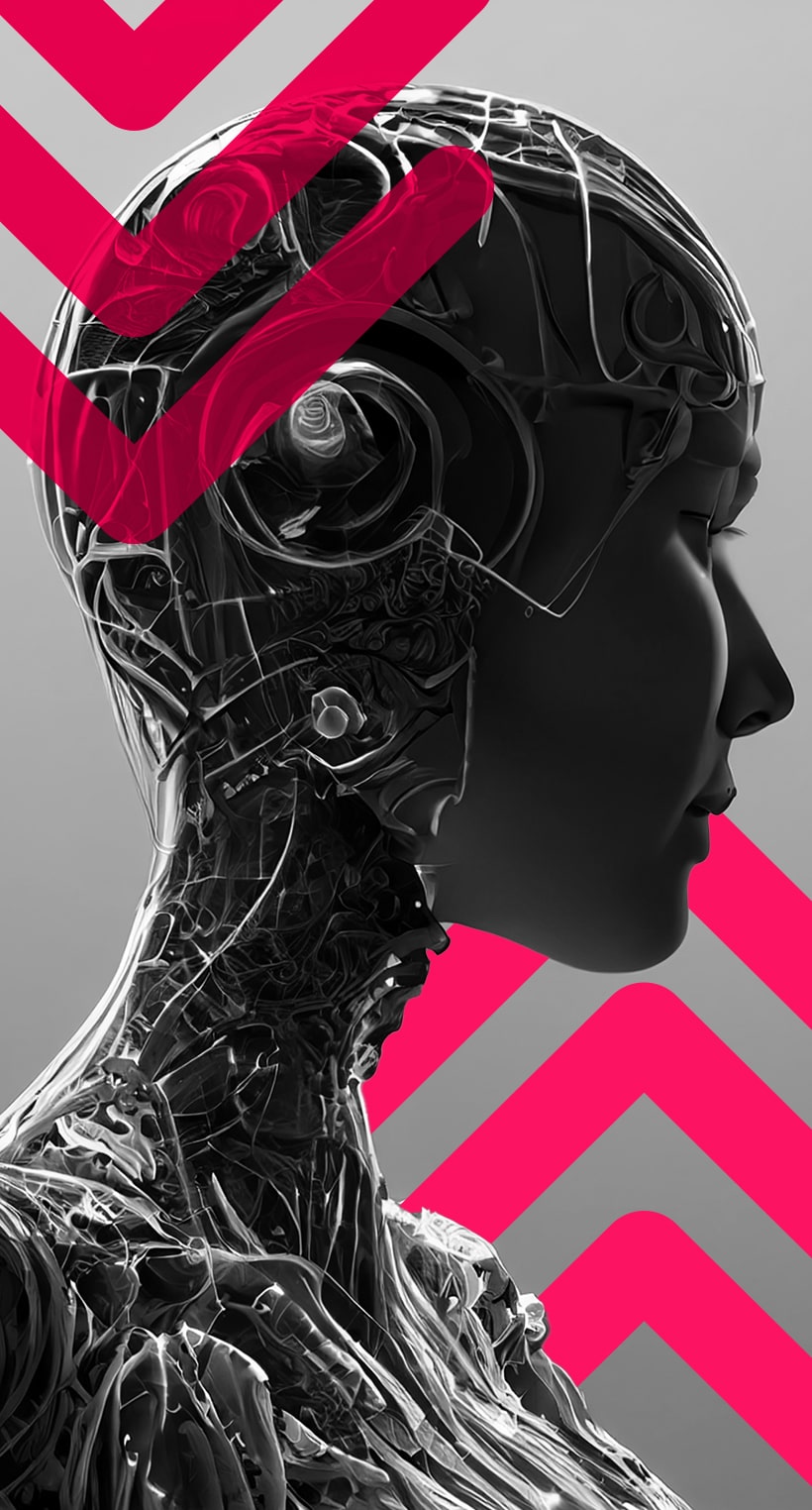Artificial intelligence (AI) has the potential to bring numerous benefits to the manufacturing sector. By leveraging advanced algorithms and machine learning, AI can analyse vast amounts of data in real-time, enabling companies to make data-driven decisions and optimise their processes. AI-powered systems can automate repetitive tasks, reducing human error and increasing productivity. Additionally, AI can enhance quality control by identifying defects and anomalies more accurately and efficiently than manual inspection.
Moreover, AI can enable predictive maintenance, helping manufacturers detect potential equipment failures before they occur. This proactive approach can minimise downtime, increase equipment lifespan, and save costs on unnecessary repairs. Furthermore, AI can optimise supply chain management, enabling manufacturers to forecast demand, optimise inventory levels, and streamline logistics operations.
How AI Can Improve Efficiency in Manufacturing
Implementing AI in manufacturing processes can significantly improve efficiency. With AI-powered systems, manufacturers can automate routine tasks such as data entry, inventory management, and quality control. This automation saves time and reduces the risk of human error, leading to higher accuracy and improved overall efficiency.
AI can also optimise production planning and scheduling. By analysing historical production data, market trends, and customer demand, AI algorithms can generate more accurate forecasts, allowing manufacturers to plan their production cycles more efficiently. Additionally, AI can optimise machine utilisation by monitoring equipment performance in real time and adjusting production schedules accordingly, ensuring optimal resource allocation.
Furthermore, AI-powered systems can enhance product quality control. Through computer vision and machine learning, AI can detect defects, anomalies, and variations in production processes with greater precision than manual inspection. This enables manufacturers to identify and rectify issues earlier, reducing waste and improving product quality.
The Hidden Costs of Ignoring AI in Manufacturing
While the benefits of AI in manufacturing are evident, the hidden costs of ignoring this technology can be substantial. By failing to adopt AI, manufacturers miss out on opportunities to optimise their processes, reduce costs, and stay competitive in the market. Manual tasks that could be automated through AI consume valuable time and resources, limiting productivity and efficiency.
Moreover, manufacturers are more likely to experience unexpected equipment failures without AI-powered predictive maintenance, leading to costly downtime, repairs, and potential safety hazards. The lack of real-time data analysis and forecasting capabilities also hinders manufacturers’ decision-making, resulting in suboptimal production planning, inventory management, and resource allocation.
Additionally, manufacturers may face increased scrap rates, product recalls, and customer dissatisfaction without AI-driven quality control due to undetected defects or variations in production processes. This can damage brand reputation and result in financial losses.
The Future of AI in Manufacturing and its Potential for Innovation
The future of AI in manufacturing is promising. As technology advances, AI capabilities will become even more sophisticated, enabling manufacturers to achieve higher levels of efficiency and innovation. Machine learning algorithms will become more accurate and capable of analysing complex data sets, leading to improved decision-making and optimisation in manufacturing processes.
- AI-powered robotics and automation will become more prevalent, transforming the manufacturing landscape. Collaborative robots, known as cobots, will work alongside human workers, enhancing productivity and safety. Additionally, AI will enable the development of smart factories equipped with interconnected systems, real-time data analytics, and autonomous decision-making capabilities.
Conclusion
In conclusion, the benefits of AI in manufacturing are undeniable. From optimising production processes and supply chain management to enhancing quality control and predictive maintenance, AI can significantly improve efficiency and reduce costs. Ignoring AI in manufacturing comes with hidden costs, including missed opportunities for process optimisation, increased downtime, and compromised product quality.
Embracing AI in manufacturing is not just about improving efficiency; it’s about driving innovation and staying competitive in an increasingly digitised world.
;)
;)
;)